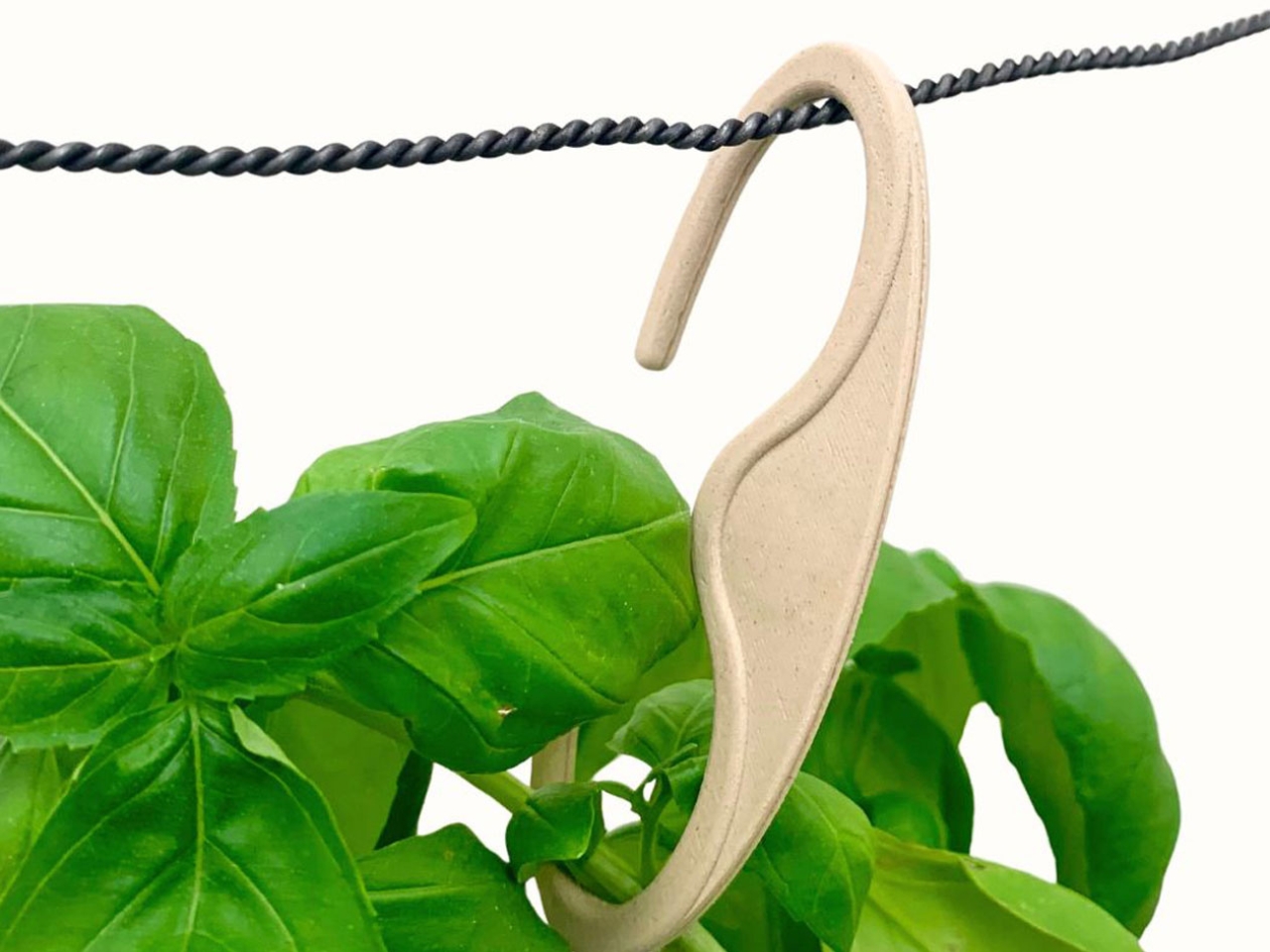
The B-Clip project, designed by Anna Maier and recognized in the 2025 Seoul Design Award, addresses a growing concern in agriculture: plastic plant support clips breaking down into microplastics. These fragments accumulate in soils, posing long-term risks to ecosystems, human health, and the environment. This concept project offers a promising and sustainable solution to tackle this waste issue in what may seem like a small problem but it has long-term effects on agriculture and waste management.
The B-Clip uses vacuum press forming technology to create a strong, weather-resistant clip from cellulose fibers. Unlike conventional plastic clips, the B-Clip is biodegradable and naturally composts at the end of the growing season. By using renewable agricultural by-products like straw, the project demonstrates how waste materials can be transformed into valuable resources. This approach not only promotes a circular economy but also highlights the potential of sustainable innovation in everyday agricultural tools.
Designer Name: Anna Maier
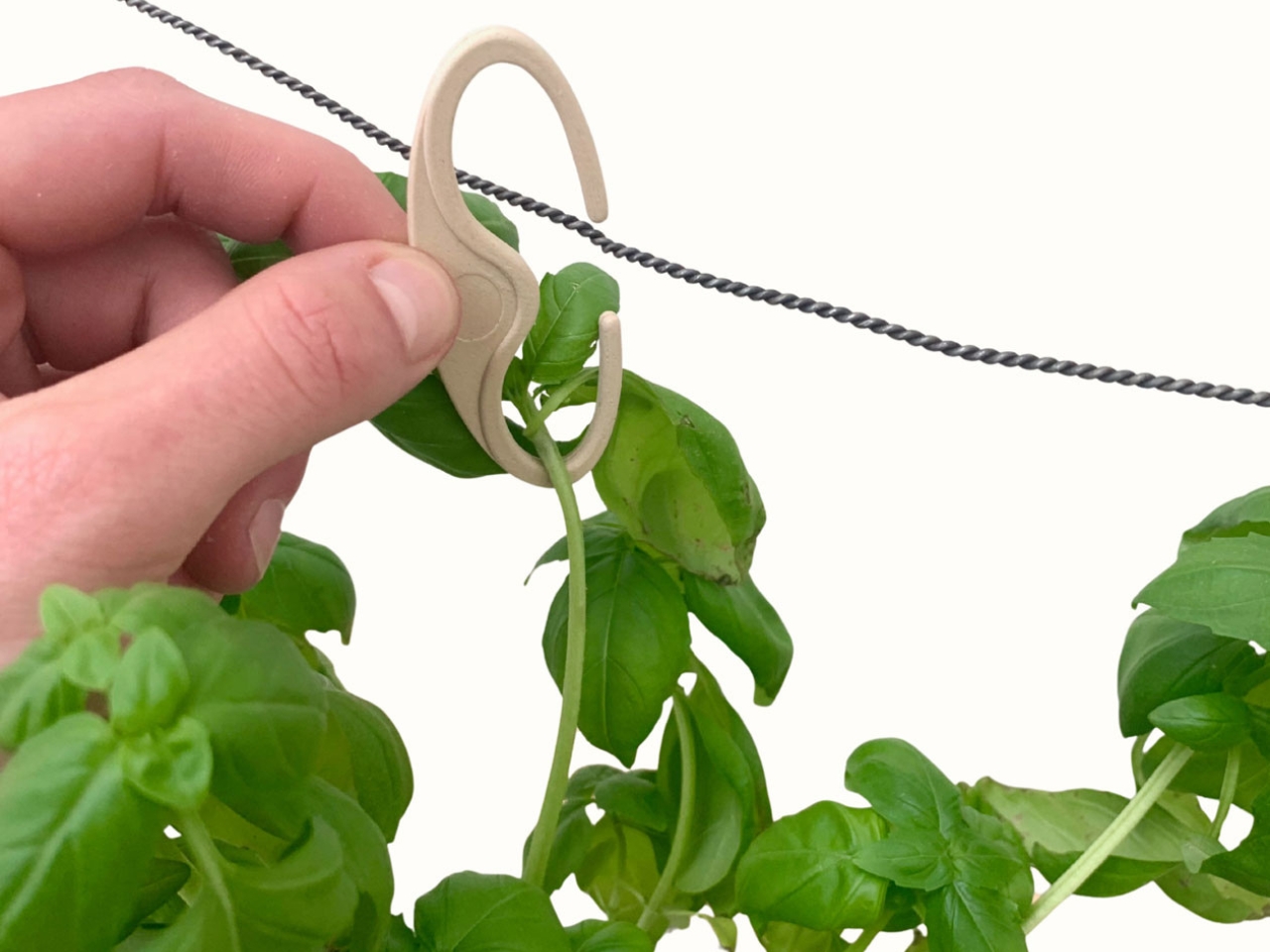
The B-Clip stands out for more than its eco-friendly materials. The design process considered the needs of agricultural workers, resulting in a clip that is easy to handle and use, even during long hours in the field. This focus on ergonomics ensures that the B-Clip supports productivity while reducing environmental impact which is a balance that is often challenging to achieve in agricultural design.
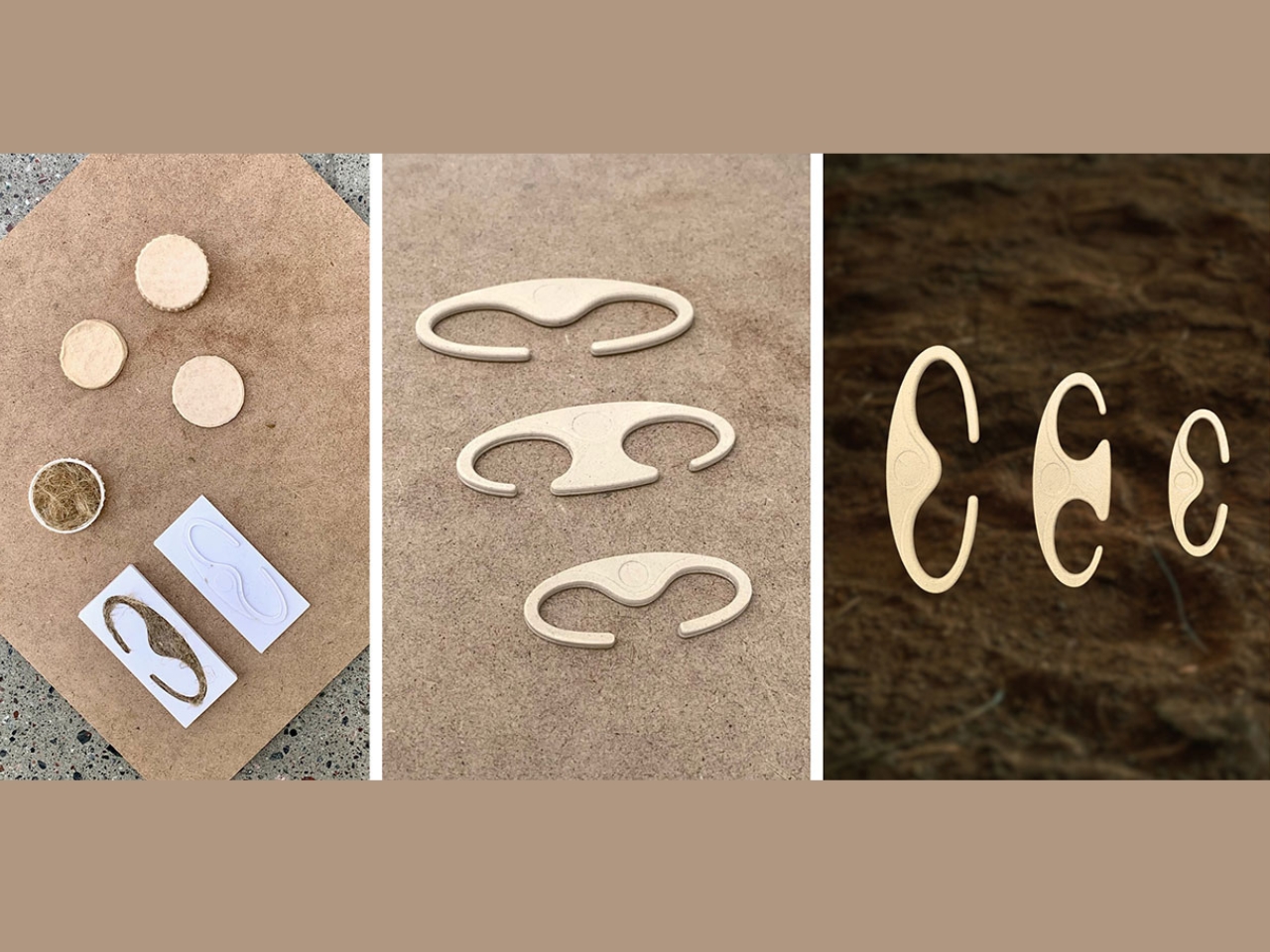
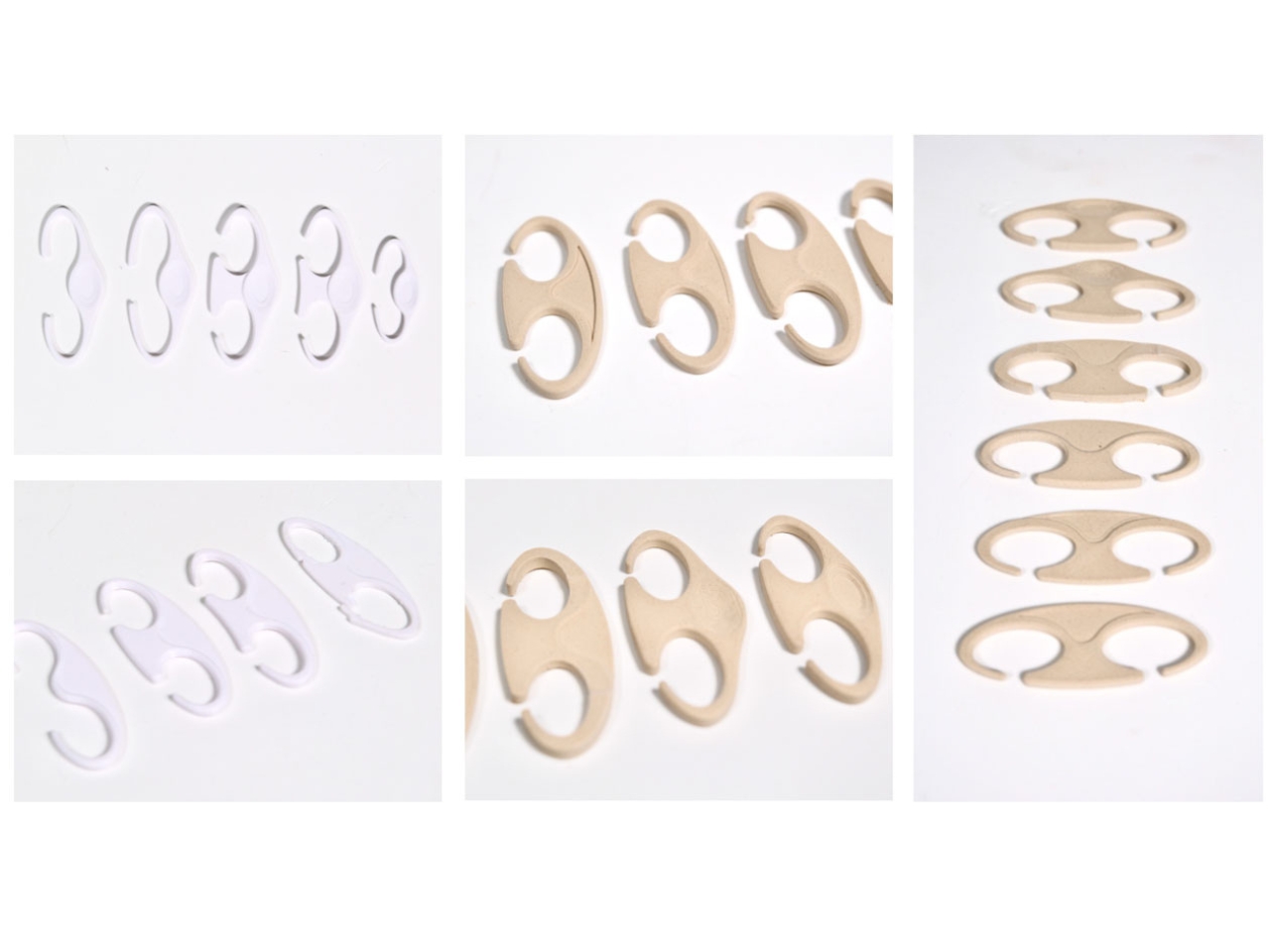
While the B-Clip remains at the concept stage, it holds significant promise for the future of sustainable agriculture. Built on proven cellulose-molding technology and designed with both practicality and sustainability in mind, the B-Clip faces few obstacles to wider adoption. Its introduction could help reduce plastic waste in agriculture and floriculture, supporting healthier soils and more resilient ecosystems. By offering an accessible and eco-friendly alternative, the B-Clip could inspire other innovations in agricultural tools and encourage industry-wide shifts toward greener practices. Early interest from both the scientific community and environmental groups suggests strong potential for real-world impact as the B-Clip moves from concept to production.
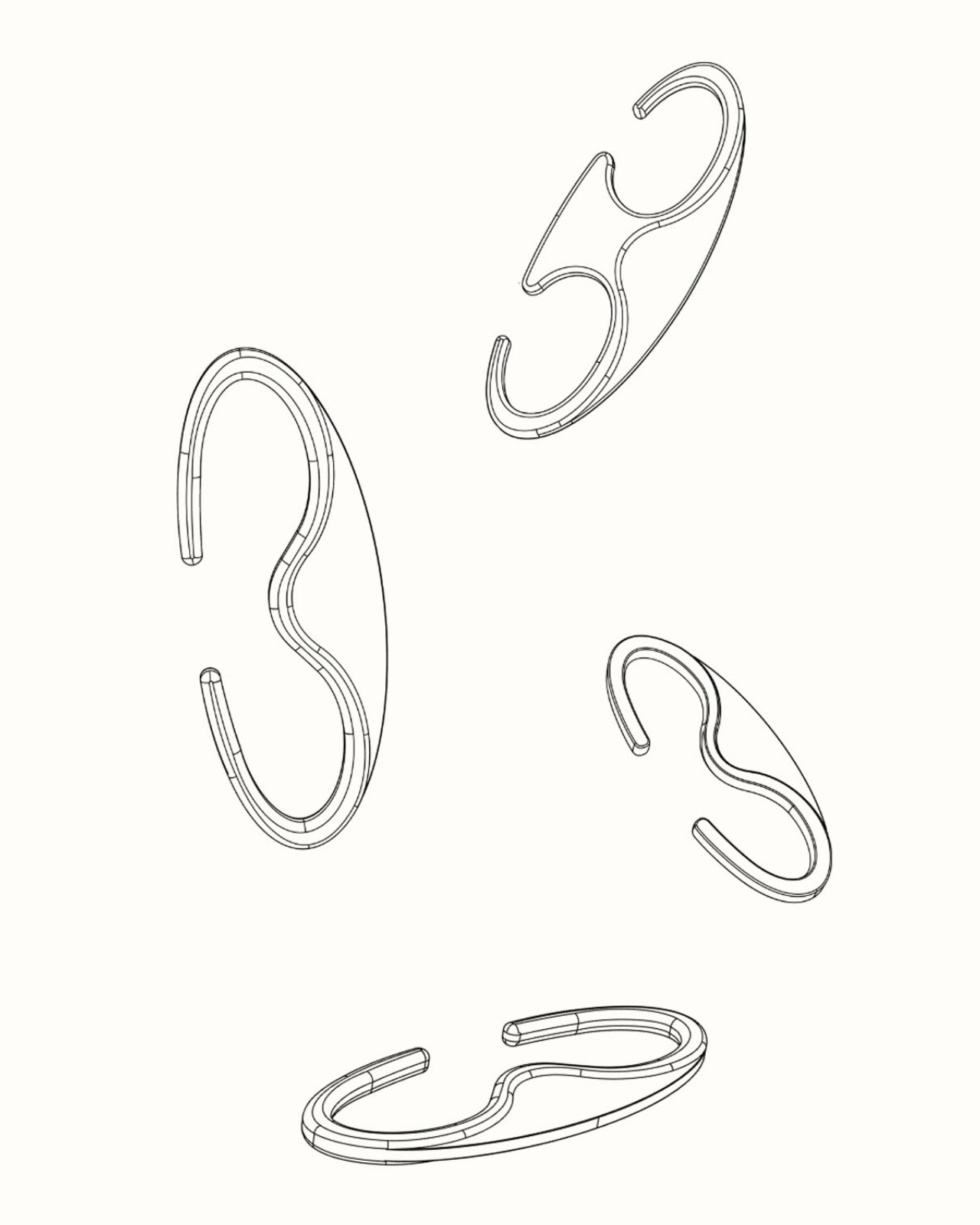
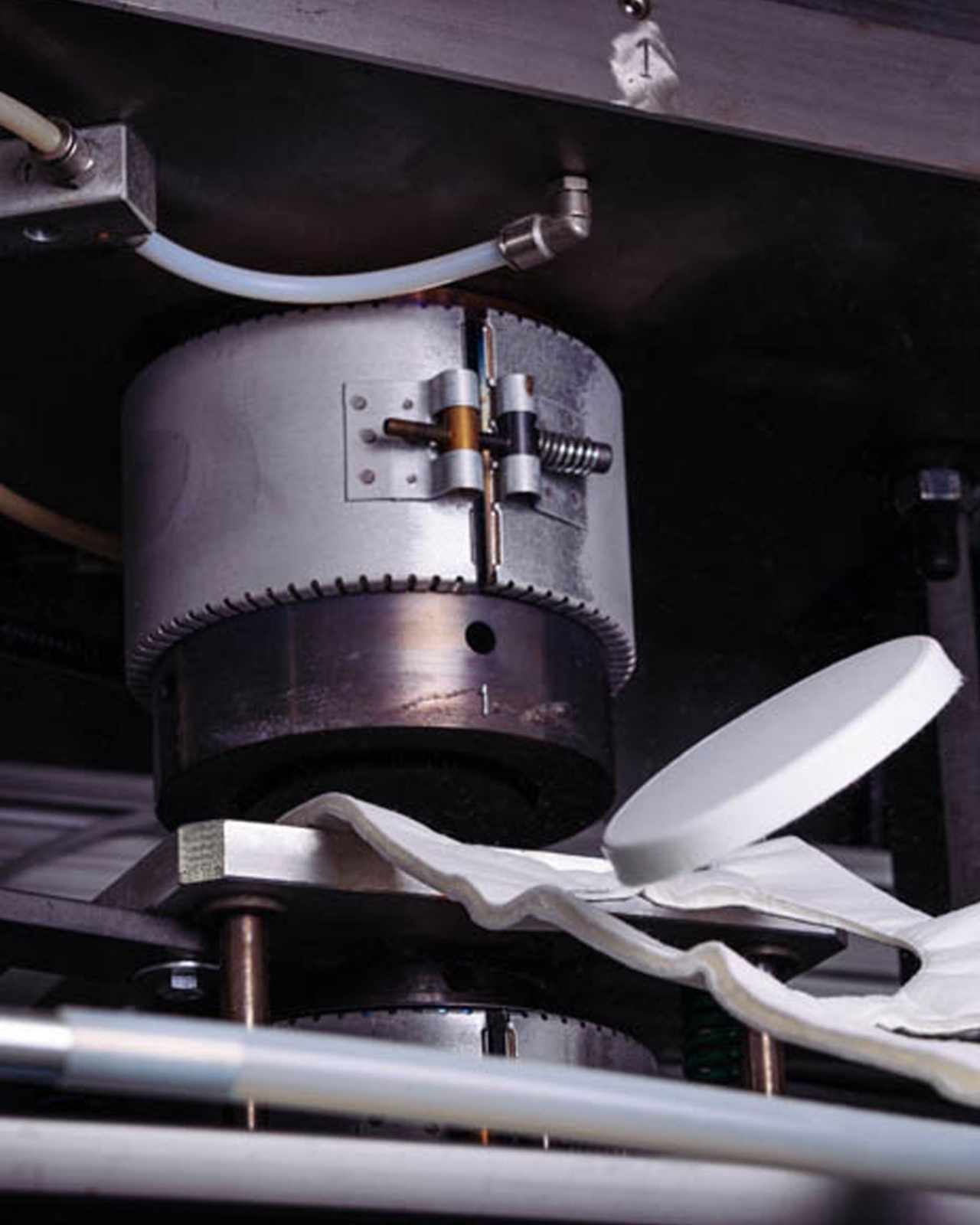
The potential of the B-Clip extends beyond simply replacing plastics. It encourages regenerative farming practices, fosters eco-conscious methods, and demonstrates how even small changes can lead to broader transformations in the industry. By turning agricultural waste into a useful product, the project sets an example for closing resource loops and minimizing the environmental footprint of farming. As more industries seek ways to cut down on single-use plastics and embrace green alternatives, innovations like the B-Clip offer a glimpse into a more sustainable future.
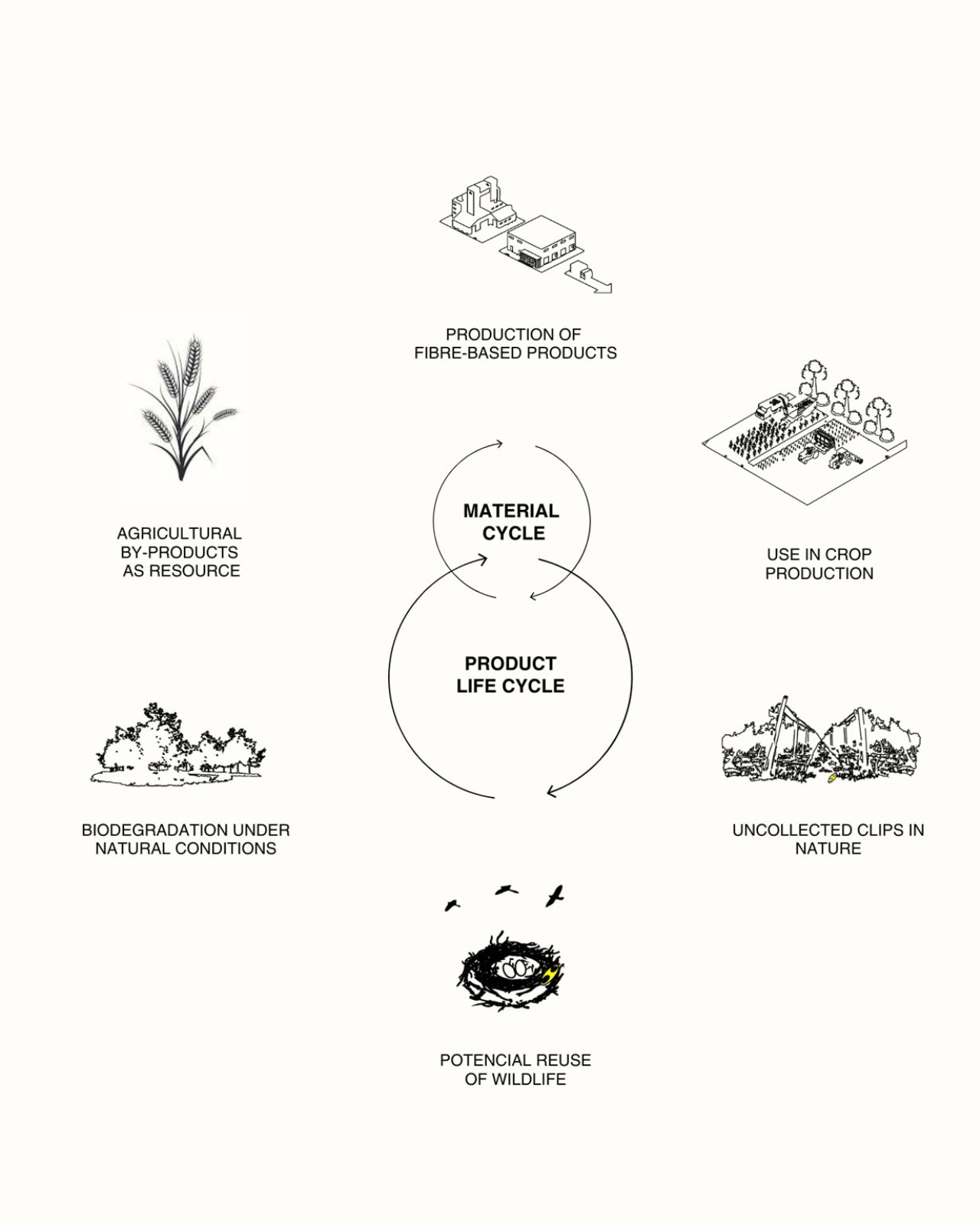
The post Eco friendly plant support clips tackles plastic waste first appeared on Yanko Design.
Read More . . .|
 | Tweet
| Tweet